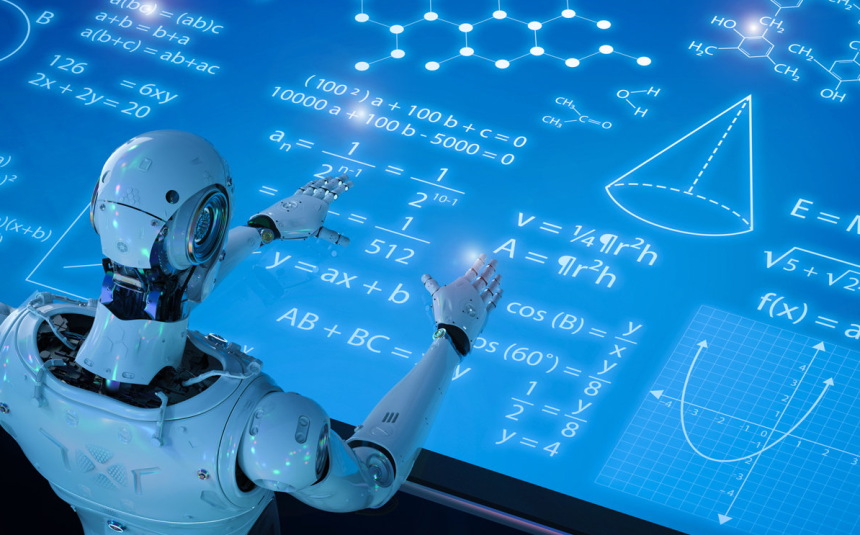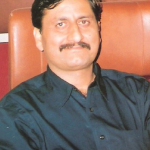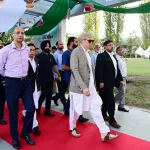The recent rise of Artificial Intelligence (AI) has taken the world by storm on all fronts and many countries are betting big for the technology influence and to become anAI superpower. Without a shadow of a doubt, artificial intelligence has now become a scientific bandwagon. However, the quest to understand if machines can truly think dates back to Turing’s epoch. Alan Turing, an English mathematician who is also known as the father of modern computer science, in his seminal research article “Computing Machinery and Intelligence” published in 1950 ushered the debate of machines being able to simulate human beings and their ability to do intelligent things.
He proposed a simple pragmatic model for measuring the intelligence of a machine known as the Turing test: Simply put, a machine is said to pass the Turing test if it can imitate an intelligent human to a point that the human and machine responses are indistinguishable. Nonetheless, it was the American Computer Scientist, namely John McCarthy, who formally used the term artificial intelligence when he held the first academic conference on the subject in 1956. Although Alan Turing and the proposed Turing test provided an impetus and offered a strong vision for the field of AI, the challenging thing was defining the field of AI, because instead of setting up the pedestal it defines an end goal that can pull down the research along many paths.
Despite the spectacular success of AI in both scientific and social realms, the development of a rigorous mathematical foundation is still in its infancy. It is pertinent to point out a quote from the British mathematician John Ball “We live in an age in which mathematics plays a more and more important role, to the extent that it is hard to think of an aspect of human life to which it either has not provided or does not have the potential to provide crucial insights. Mathematics is the language in which quantitative models of the world around us are described. As subjects become more understood, they become more mathematical.” Rightly so, there is a concrete reason for having a proper mathematical foundation for a deeper understanding of the processes involving mimicking the functionality of the human brain.
This aspect was also prominently highlighted in one of the recent major conferences in artificial intelligence and machine learning; the thirty-first annual conference on Neural Information Processing Systems (2017) held in the USA, wherein Ali Rahimi, the then researcher at Google and winner of the Test-of-Time award, bluntly stated during his plenary talk that “Machine learning has become a form of alchemy.” Rahimi reiterated that machine learning and alchemy both work to a certain degree: The state-of-the-art machine learning models are mostly based on empirical methods and their successes are often plagued with issues akin to that of alchemy. The Test-of-Time award recipient highlighted the black box problem that the mechanisms underlying these machinelearning models are so intricate and opaque that researchers hardly understand why a model can output a particular response from a set of data inputs.
Rahimi, currently working as a researcher at Amazon, believes that the fragile theoretical foundation and the lack of proper technical interpretability of the machine learning models is a greater cause for concern, especially if AI systems are to be deployed for critical decision-making. Naturally, the question of to which extent a theoretical foundation exists and is at all necessary for the hyped-up machine learning models has been a hotspot across diverse academic forums. From a mathematical perspective, it is lucidly evident that a firm mathematical understanding of artificial intelligence is of substantial importance, and is inescapably the need of the hour. According to Srinivasa Varadhan, Professor of Mathematics at New York University and winner of the Abel Prize, mathematics is inevitably necessary if we want to provide some performance guarantees of a particular machine learning algorithm; without the underlying mathematics, the procedures are just experimental, may work sometimes, sometimes not.
Nonetheless, one has to admit that a rigorous mathematical foundation of AI, in general, is currently in its preliminary state at best. This lack of proper mathematical foundations abysmally affects the pace as well as the rigour of research work. Moreover, the lack of theoretical justifications makes it even harder to understand the dramatic failure of certain approaches when a small perturbation of the input data causes a drastic changein the output. Therefore, to mitigate adversarial cases, there is a tremendous need for mathematics in the area of artificial intelligence. Though numerous well-accomplished mathematicians and physicists have already switched to the field of artificial intelligence, bringing in their respective expertise into this thriving pursuit of knowledge, it seems to be a dire necessity that young researchers working in the fields of mathematics, physics and computer science join hands to cut to the heart of the matter.
Post Script
With the burgeoning AI landscape in India, the country needs to have a strong mathematical talent coming up. However, many prominent mathematicians believe that the mathematical capabilities of the country need to be improved at the earliest so that India not only produces robust AI technologies for itself but also meets the demands of the world’s biggest companies.
Manjul Bhargava, Professor of Mathematics at Princeton University and winner of the Fields Medal, believes that India cannot hope to lead the fourth industrial revolution if the country does not nurture its mathematical talent. It is pertinent to mention that Bhargava, born to an Indian family in Canada, is also one of the architects of the National Education Policy (NEP) 2020. He had decided to take a leave from his position at Princeton University to spend a year working on the National Education Policy in India.
(Author is a Postdoctoral Fellow with ViGIL (Video, Graphics, Imaging and Learning) Lab at the Department of Computer Science and Engineering, Indian Institute of Technology Bombay (IIT Bombay), and can be reached at [email protected]; [email protected]








